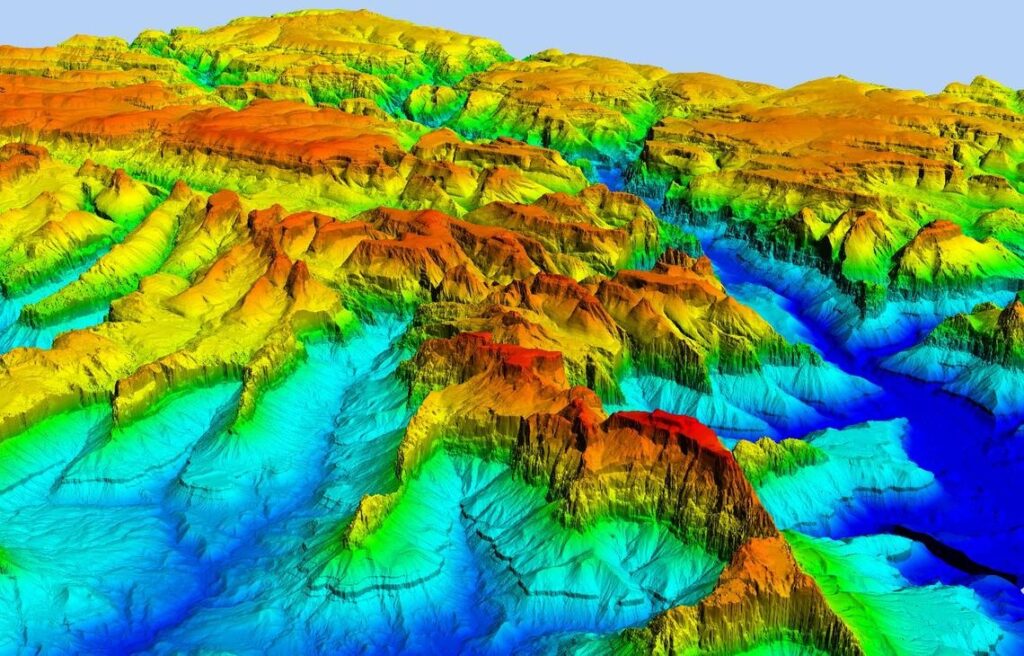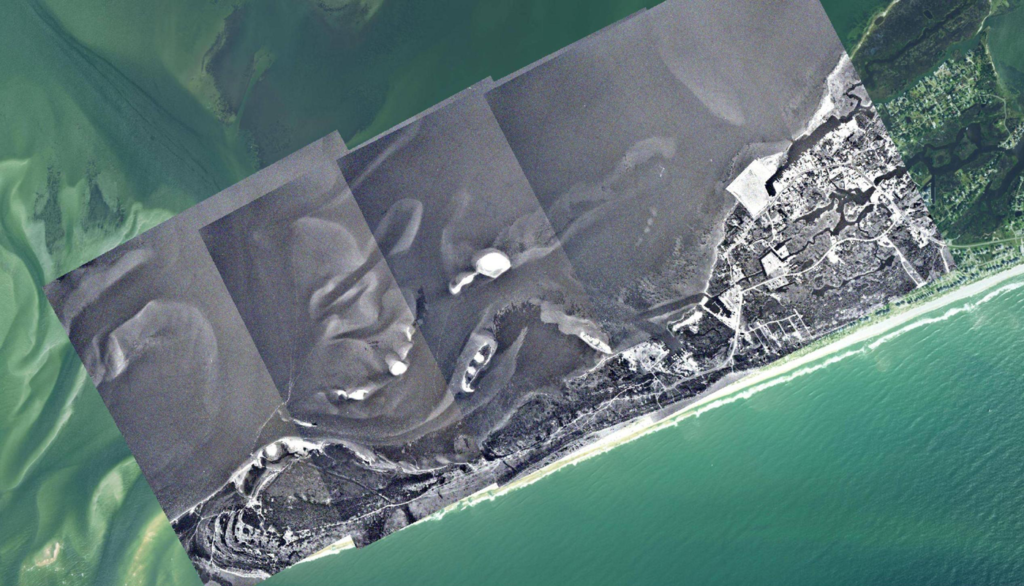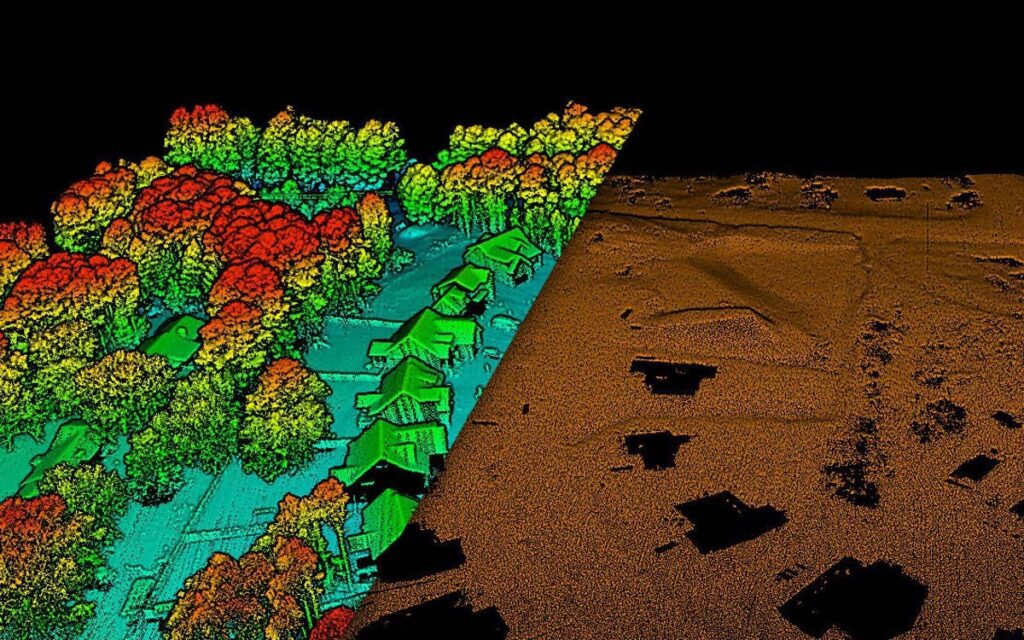Imagine a company struggling to track their delivery trucks across a bustling city. Delays, missed routes, and wasted fuel were a daily headache. Then, they discovered geospatial services.
By integrating real-time location data with advanced analytics, they streamlined routes, saved 20% on fuel, and boosted delivery times. Sounds incredible, right? This isn’t just for logistics.
Geospatial services transform industries like urban planning, agriculture, and even disaster management. A recent report shows the geospatial market is growing at over 12.26% annually, proving its immense global demand.
But what is geospatial services? And how can companies like yours benefit? Let’s find out.
What Is Geospatial Services?
Geospatial services involve collecting, analyzing, and visualizing location-based data. Think of maps, satellite imagery, or even your GPS app. They combine geographic information systems (GIS) with high-resolution location data to offer actionable insights.
For example, a geospatial services company might help a retailer decide the best store location based on customer movement patterns. Or they might assist a city planner in designing traffic-free routes. The possibilities are endless.
Companies like CGI have been pioneers in this space. They’ve created solutions for everything from mapping smart grids to environmental conservation. The value? Businesses make better decisions with reliable, real-time data.
But why does it matter to you? Let’s break it down further.
Why Geospatial Services Matter:
To understand why this matters, look at Bell Canada. They needed to improve their network reliability. A geospatial services company developed an enterprise geospatial data platform for them. The result? Smarter infrastructure planning and better customer service.
Another example? Imagine farmers optimizing their irrigation systems. Using geospatial services, they analyze soil moisture in real-time, ensuring water goes only where it’s needed. This boosts crop yields and reduces waste.
Here’s a quick breakdown of geospatial use cases across industries:
| Industry | Geospatial Application |
| Retail | Site selection and customer behavior analysis |
| Agriculture | Crop monitoring and precision farming |
| Transportation | Real-time fleet tracking and route optimization |
| Energy | Mapping renewable energy sources |
| Urban Planning | Smart city designs and efficient resource allocation |
Geospatial services turn raw location data into practical solutions.
Core Features of Geospatial Services Companies
When evaluating a geospatial services company, look for these features:
- GIS Expertise:Can they handle geographic information systems seamlessly?
- Advanced Analytics:Do they offer insights with tools like AI and IoT?
- Scalability:Are their solutions adaptable to your business needs?
- Proven Track Record:Have they delivered for similar industries before?
- Security Standards:Can they secure sensitive location data?
Not every geospatial services company checks these boxes, so choose wisely.
How Geospatial Services Are Revolutionizing Industries
Geospatial services are driving change in surprising ways. For example, “digital twins” are becoming a game-changer. A digital twin is a virtual replica of a physical asset, like a factory or even an entire city.
Here’s how industries are benefiting:
- Urban Planning:Planners simulate traffic flow to reduce congestion.
- Energy:Companies monitor gas pipelines to prevent leaks.
- Conservation:Governments track deforestation to enforce regulations.
- Retail:Brands map foot traffic for smarter store layouts.
- Logistics:Fleets use route optimization to cut fuel costs.
These are just a few examples. The technology keeps evolving, so expect even more applications soon.
The Future of Geospatial Services
The future is exciting. Trends like augmented reality (AR) and IoT integration will redefine geospatial applications. Imagine overlaying AR on a city map to plan construction projects or using IoT sensors to monitor environmental changes in real-time.
Digital twins will also become more common. These virtual replicas will allow businesses to test scenarios without real-world risks. For example, they could simulate a factory shutdown to find the best restart strategy.
This is where geospatial services shine. They don’t just tell you what’s happening. They predict what could happen next.
Final Thoughts
Geospatial services are more than just maps. They’re the backbone of smarter decision-making in almost every industry. With companies like CGI leading the way, businesses now have access to tools that were unimaginable just a few decades ago.
Here’s a thought: What opportunities could geospatial services unlock for your business?
Satpalda provides satellite imagery and geospatial services tailored to your needs. Let’s explore solutions that take your business to the next level.
FAQs
- What industries benefit most from geospatial services?
Ans. Industries like retail, agriculture, logistics, and energy see the biggest impact. - How do geospatial services improve decision-making?
Ans. They analyze location-based data to offer actionable insights, like traffic patterns or soil moisture levels. - What is a digital twin in geospatial services?
Ans. It’s a virtual replica of a physical asset, used for testing scenarios and improving efficiency. - Why is data security important in geospatial services?
Ans. Sensitive location data needs protection from cyber threats to ensure privacy and safety.


